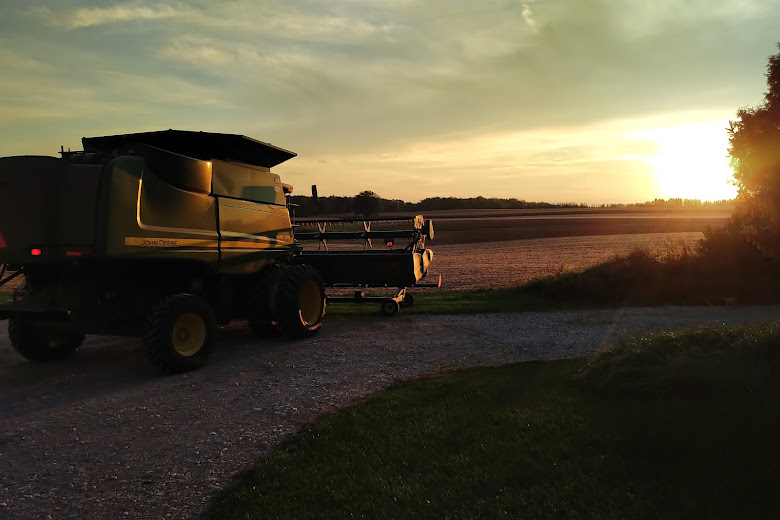 The Saskatchewan Court of Queen's Bench has ruled that the Red Lily Wind Farm may pursue a claim for damages against David McKinnon based on his undertaking as to damages given when he obtained a injunction against the wind project. McKinnon commenced a putative class action, claiming that the wind turbine farm caused adverse effects on human health. He sought and obtained an ex parte injunction (i.e. without Red Lily being present), one of the conditions of which being the undertaking to pay damages if it turned out the injuction was unnecssary. When the injunction was lifted, Red Lily decided to pursue McKinnon for damages.
The Saskatchewan Court of Queen's Bench has ruled that the Red Lily Wind Farm may pursue a claim for damages against David McKinnon based on his undertaking as to damages given when he obtained a injunction against the wind project. McKinnon commenced a putative class action, claiming that the wind turbine farm caused adverse effects on human health. He sought and obtained an ex parte injunction (i.e. without Red Lily being present), one of the conditions of which being the undertaking to pay damages if it turned out the injuction was unnecssary. When the injunction was lifted, Red Lily decided to pursue McKinnon for damages.
The parties asked the Court to determine whether Red Lily is entitled to enforce the undertaking, which read:
The Plaintiff, David McKinnon, hereby undertakes to abide by any Order as to damages which this Court may make by reason of the granting of an interlocutory injunction at the request of the Plaintiff if it shall appear that the Defendants have sustained damages for which the Plaintiff ought to pay.
The Court of Queen's Bench found that the case law "unequivocally establishes a strong presumption that an undertaking will be enforced, a presumption which can only be rebutted by compelling facts amounting to special circumstances." The Court noted that McKinnon filed no sworn material and failed to establish the existence of any special circumstances. Therefore, Red Lily is entitled to enforce the undertaking. The Court then set out the procedural steps to be followed to determine the amount of damages, if any, to be awarded to Red Lily.
Read the decision at: McKinnon v Red Lily Wind Energy Corp.



